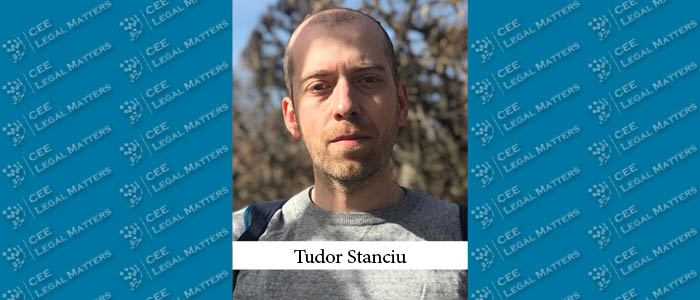Romania's tax framework changes impacting the IT sector and a potential investment slowdown are balanced out by foreign venture capital funds increasingly participating in funding rounds for Romania-linked companies, signaling cautious optimism according to Ventures-n-Law Co-Founder Tudor Stanciu.
“This summer has been relatively quiet in terms of legislative updates and framework changes, but there have been noteworthy developments, in particular, for technology companies, start-ups, and small and medium-sized enterprises,” Stanciu begins.
According to Stanciu, first and foremost, all eyes are on the upcoming updates to the tax framework. “The Romanian government has undertaken the goal of minimizing the budget deficit,” he says. “Over the next two to three weeks, we expect to gain a clearer understanding of the new tax framework. The new framework might increase revenue collection from micro-enterprises, with a particular focus on revising deductions for industries such as IT and construction. This shift may have a significant impact on individuals who have been utilizing companies as their legal framework for work, as opposed to operating as authorized private individuals,” he explains. “As a result, the IT sector is likely to be affected to some extent.”
Additionally, Stanciu points out a positive development in the tech market in recent weeks. “The Romanian Financial Supervision Authority has granted two licenses in accordance with the EU Regulation on European Crowdfunding Service Providers (ECSP) for Business,” he notes. “Notably, the authority has been actively engaging with the industry and key stakeholders to comprehend and implement these regulations effectively for some years. The issuance of the first license occurred almost a year ago, and now, two additional licenses have been granted. This demonstrates the authority's willingness to engage with the financial services and crowdfunding sectors, which is not a common occurrence for regulatory bodies in these fields.” According to Stanciu, this proactive approach fosters optimism that the market will open up to more new companies seeking to utilize this regulatory framework, potentially leading to more companies incorporating in Romania.
Stanciu also stresses there might be a slowdown in investments in Romania, especially in the technology and start-up sectors. There are a couple of factors contributing to this trend, he says. “First, the broader economic landscape, both nationally and regionally, has witnessed a decline in the revenues of IT companies and, as a result, their workforce headcounts. Luckily, companies in different stages of development are looking at this slowdown as an opportunity to put their house in order from a legal standpoint and be prepared when the investment market reopens.” Furthermore, he notes “we’re at a point where some of the 'first-generation' local VCs are at the end or are approaching the end of their first-time investment cycles. We’re also seeing the transition into second-generation VC funds. This transition period could account for the slowdown in investments to some extent.”
“However, on the positive side, foreign venture capital funds are increasingly participating in or leading funding rounds in Romania,” he continues. “This suggests a promising synergy between local funds and foreign ones. Additionally, success stories like UiPath have undoubtedly increased investor interest in Romania as an investment destination. Simultaneously, the fact that foreign funds are co-investing with local ones at early stages signifies that these local funds are becoming more connected to international markets. Trust is being established, and bridges are being built in the investment landscape,” Stanciu concludes.
















